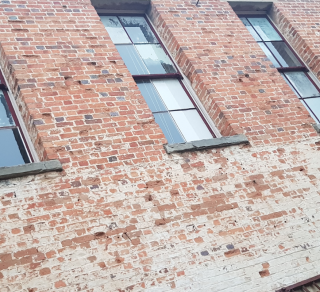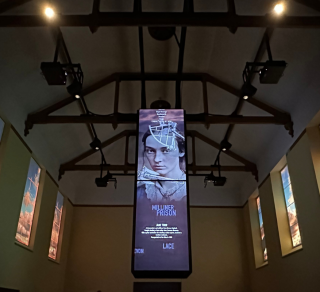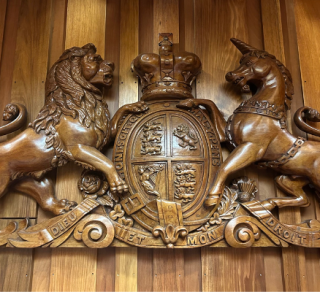This month we focus on William Cuffay. Tony Moore, Associate Professor at Monash University, interprets Cuffay’s legacy at Unshackled – the True Convict Story at the Tasmanian Museum and Art Gallery:
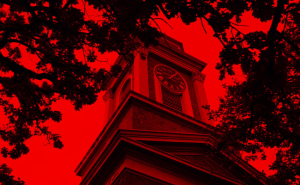
Hobart’s annual Paint the Town Red promotion in association with Dark MOFO will take place in June. National Trust Tasmania has been an early adopter with the Hobart Penitentiary windows facing Brisbane and Campbell Streets illuminated with AR portraits of convicts featured in the Convict Memorial.
This month we focus on William Cuffay. Tony Moore, Associate Professor at Monash University, interprets Cuffay’s legacy at Unshackled – the True Convict Story at the Tasmanian Museum and Art Gallery:
William Cuffay (1778-1870) was a significant person in the Chartist movement in London. He’d been a participant in agitations and negotiations around the Master’s and Servants Act in London. He comes to the fore in many records at many meetings. He was a great organizer, but he was also good on his feet as an orator. He had a very amusing style of speech. He could engage a crowd, he could inspire a crowd, he could make them laugh, he could make them cry. He also had a pretty good singing voice. He was well liked and respected and therefore a significant target for those that would like to suppress Chartism.
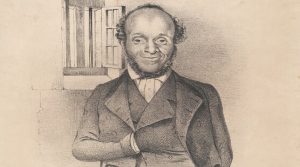
Now, he was a hardliner. And when the third and last Charter failed to move the British government to reform the Constitution, to extend the franchise, there were plans to take action (by physical force) in the United Kingdom. Cuffay was arrested and it was alleged that he was conspiring to take part in an insurrection in support of the Chartist agenda.
When Cuffay addressed crowds of trade unionists in Hobart, he would call them fellow slaves and brothers there as having a wry joke. But he’s also referring to his own background that his father was a slave.
Cuffay had a sense of his own power and agency because he saw that reform and idealism had led to the abolition of slavery in the British Empire and the freeing of his own father. So he had a sense that change was possible. The activities of people like Cuffay and others like William Smith O’Brien, and before them, many of the United Irishmen had an effect. They’re not just hapless victims. They helped change the place. All of the free immigrants, including the Chartists and the Irish, changed the political culture of Australia so that by the 1850s, a man who was the son of a slave from the West Indies, transported as a convict for treason, could become an esteemed union leader in this country.
